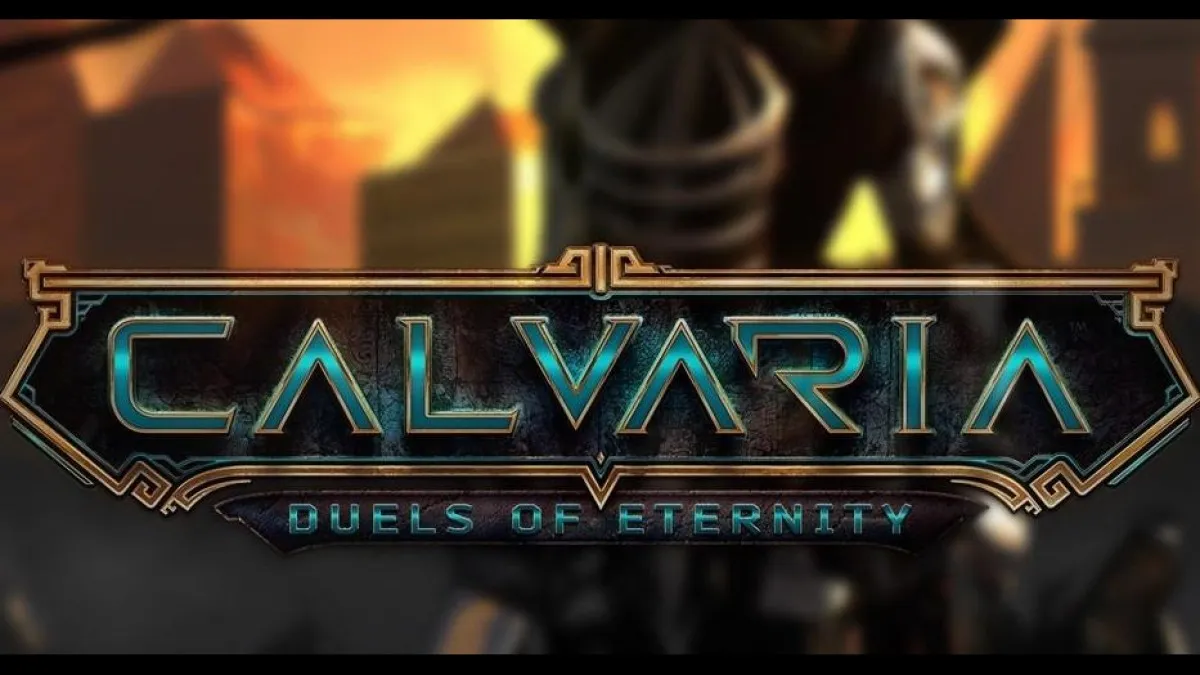Auto insurance requirements in Louisiana
In Louisiana, every driver must carry a certain amount of car insurance in order to be legal. Furthermore, you must carry proof of insurance at all times while you are behind the wheel. If you are curious about mandatory insurance in Louisiana, read on to see what coverages are required and which ones are smart additions.
| Minimum Liability Coverage: 15/30/25 |
|
Those who lease or finance a car could be required to carry physical damage coverage, sometimes known as full coverage.
Liability coverage in Louisiana
Liability insurance goes toward paying for the medical expenses, lost wages, and property damage sustained by those you harm in an at-fault accident. This coverage is meant to protect you from having to pay out-of-pocket for these expenses. Bear in mind that your liability coverage never pays for your injuries or damage to your property. The amount that you are required to carry is determined by your state and is often known as the limit. This is explained in greater detail below.
What are Louisiana's state-mandated car insurance limits?
The limit refers to the absolute maximum amount that your car insurance company will pay for a claim. From the state’s perspective, the limit they set is the lowest amount of car insurance that you can carry and still be considered a legal driver.
Liability limits are often split into three different numbers. For Louisiana, those numbers are 15/30/25, referring to bodily injury per person, bodily injury per accident, and property damage respectively. Have a look at the breakdown of these types of coverage below:
- $15,000 for bodily injury coverage per person refers to the upper limit that your insurer will pay for a single person injured by you in an auto accident.
- $30,000 for bodily injury coverage per accident is the maximum amount that your insurer will pay for all those that you injure in an at-fault accident if more than one person is hurt.
- $25,000 for property damage per accident is the total amount an insurer will pay for damage that you cause in an accident.
Keep in mind that these state-mandated minimums are merely the lowest coverage required and that most insurance companies will allow you to raise them to higher levels.
Do Louisiana's required minimums provide adequate insurance coverage?
Louisiana's minimum liability insurance requirements are on par with those in other states. However, that doesn’t necessarily mean that they are all that you need to keep yourself protected. If you are responsible for an accident where someone is seriously injured, the $15,000 limit can be reached quite quickly. If multiple people are injured, the $30,000 total limit could deplete even faster. While the property damage limit very nearly reaches the average cost of a new car, if you damage a higher-value vehicle or multiple vehicles in an accident, you could similarly run into problems.
The important thing to remember is that, once those limits are reached, you are responsible for paying any damages out-of-pocket. For this reason, it’s highly recommended that you increase your liability insurance coverage to a more appropriate amount. Louisiana’s required insurance coverage is enough to keep you road-legal, but it may not be enough to keep you fully protected.
Louisiana’s penalties for driving without proof of insurance
Penalties for driving without insurance in Louisiana can be steep. Have a look at some of the consequences for driving uninsured below:
- A fine of $500 to $1,000
- The suspension of your license
- Registration revoked for 180 days
- Impoundment of your car
Optional car insurance coverage in Louisiana
While Louisiana law only requires liability insurance, most car insurance companies offer a wide variety of additional coverages. Below you’ll find a rundown of some of the more common coverages found in Louisiana.
- Comprehensive: This coverage will help pay for damages to your vehicle resulting from non-collision perils such as weather events and theft.
- Collision: This is a type of physical damage coverage that covers your vehicle in the event of a collision with another vehicle or fixed object (excluding animal collisions, covered by comprehensive coverage above).
- Loan/Lease payoff: Also known as gap coverage, this form of insurance is great for those who are leasing or financing their vehicle. Essentially, if your car is totaled, this coverage will pay the difference between the depreciated amount given for your car and the remaining amount left on your loan.
- Personal Injury Protection (PIP): If you are injured in a car accident — regardless of whose fault it was — this coverage goes towards paying your expenses. It also extends to passengers in your vehicle as well.
- Rental Car Reimbursement: If your car is deemed undrivable, this coverage goes towards paying for a rental car until yours can be fixed.
- Roadside assistance: If you experience car troubles while on the road, this coverage can step in to help in a number of ways, including flat tires, dead batteries, and even hotel expenses in some cases.
- Uninsured/underinsured motorist bodily injury (UM/UIM): This coverage protects you if in the event you are injured by a driver who does not carry insurance or does not have enough to properly pay for your medical expenses.
- Uninsured Motorist Property Damage: Similar to the coverage above, this portion of your UM/UIM covers your actual vehicle if it is damaged by a driver with no insurance or a driver who does not have enough insurance to actually fix your vehicle.
Louisiana is a diminished value state
Louisiana is a diminished value state, meaning drivers are allowed to recover diminished value from the at-fault party’s insurance company. When your vehicle experiences an accident, even if it is fully repaired to its pre-loss condition, the resale value decreases. The involvement in a collision makes your car’s value lesser than similar vehicles that have not experienced an accident. A diminished value claim allows you to recoup the losses you might experience when selling your car.
Since Louisiana is one of the 15 states that offers compensation for diminution in value, you may file by contacting the at-fault party’s insurer. In order to file a diminished value claim in Louisiana, certain requirements must be met:
- You are not entitled to compensation if you were the party at fault in the accident
- Documentation will be required to process your claim. Make sure you can provide photos, records of repairs made, and proof of the value of your vehicle by a trusted source.
- In Louisiana, the statute of limitations for filing a diminished value claim is 1 year.
- Louisiana does have uninsured motorist coverage for diminished value claims.
Why adhering to Louisiana’s car insurance requirements is important
Just because you carry Louisiana’s mandatory minimum insurance doesn’t mean that you are properly insured. Minimum coverage can leave you exposed to risk. Increasing your minimum liability coverage is a great place to start, as is adding coverage that further protects you and your investment. If the added costs of more coverage seem too high with your current company, it may be time to shop around. The Zebra can help you compare car insurance quotes side by side in order to help you find the right policy for your needs.
Compare car insurance rates today!
Sources
- Consumer's guide to Louisiana car insurance
- Louisiana Department of Insurance





